The increase in the cost of debt following the ECB’s interest rate hikes had a negative impact on property values, calling into question the ability of counterparties to respect financial covenants and, on some occasions, debt servicing.
In this context, despite the fact that ample liquid assets remain in the hands of credit institutions and especially alternative lenders, financiers have become increasingly selective. In particular, we are witnessing a downsizing of loan amounts and a recalibration of covenant structures. At the same time, financiers' interest is shifting to asset classes perceived as less risky thanks to the positive outlook offered by occupier markets: residential, logistics and hotels. In particular, the Italian hotel industry has been experiencing strong interest from investors, operators and financiers for years.
The reasons for this interest can be found above all in the revamping of the Italian hotel offering observed in recent years, with the entry of international investors and operators. As a matter of fact, this process is leading to a rapid "institutionalisation" of a market that is still characterised by the strong presence of local and private operators, piquing the interest of financiers who are very attentive to the quality of the sponsors and the business plan.
The way in which the hotel industry has dealt with major market challenges in recent years (the pandemic, geopolitical risk and inflation) has further strengthened the confidence of financiers in this sector. The post-Covid recovery in performance was indeed rather rapid, especially for the leisure segment of the Italian hotel industry. At the same time, the impact of reduced tourist arrivals from some key nations for the Italian market, such as China (during lockdowns) and Russia (following the outbreak of the conflict in Ukraine), proved minimal. The hotel industry also confirmed its reputation as an inflation hedge by adjusting its pricing policies to offset cost increases. However, good industry fundamentals may not be enough to ensure good credit access conditions for the hotel sector. As such, it has become imperative that high ESG standards be met for any type of initiative seeking funding. This theme is now common to all asset classes and investment areas, but it takes on a particularly significant dimension for the Italian hotel market.
Firstly, the tourism industry is inherently exposed to climate risk, and in order for a project to be financially viable, it cannot disregard considerations of possible adverse environmental phenomena and measures to mitigate them. Secondly, the hotel industry is particularly energy-intensive and therefore exposed to increases in energy costs.
Only relatively recently has investment in the Italian hotel market been able to demonstrate the great untapped potential of this industry. In a context where climate change risks are increasingly looming, incorporating initiatives aimed at mitigating environmental risks and pursuing positive environmental and social externalities into business plans will be essential to making new investment plans fundable.





